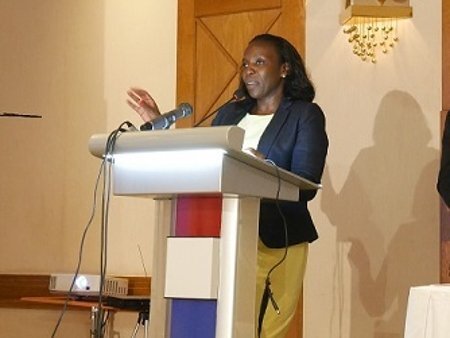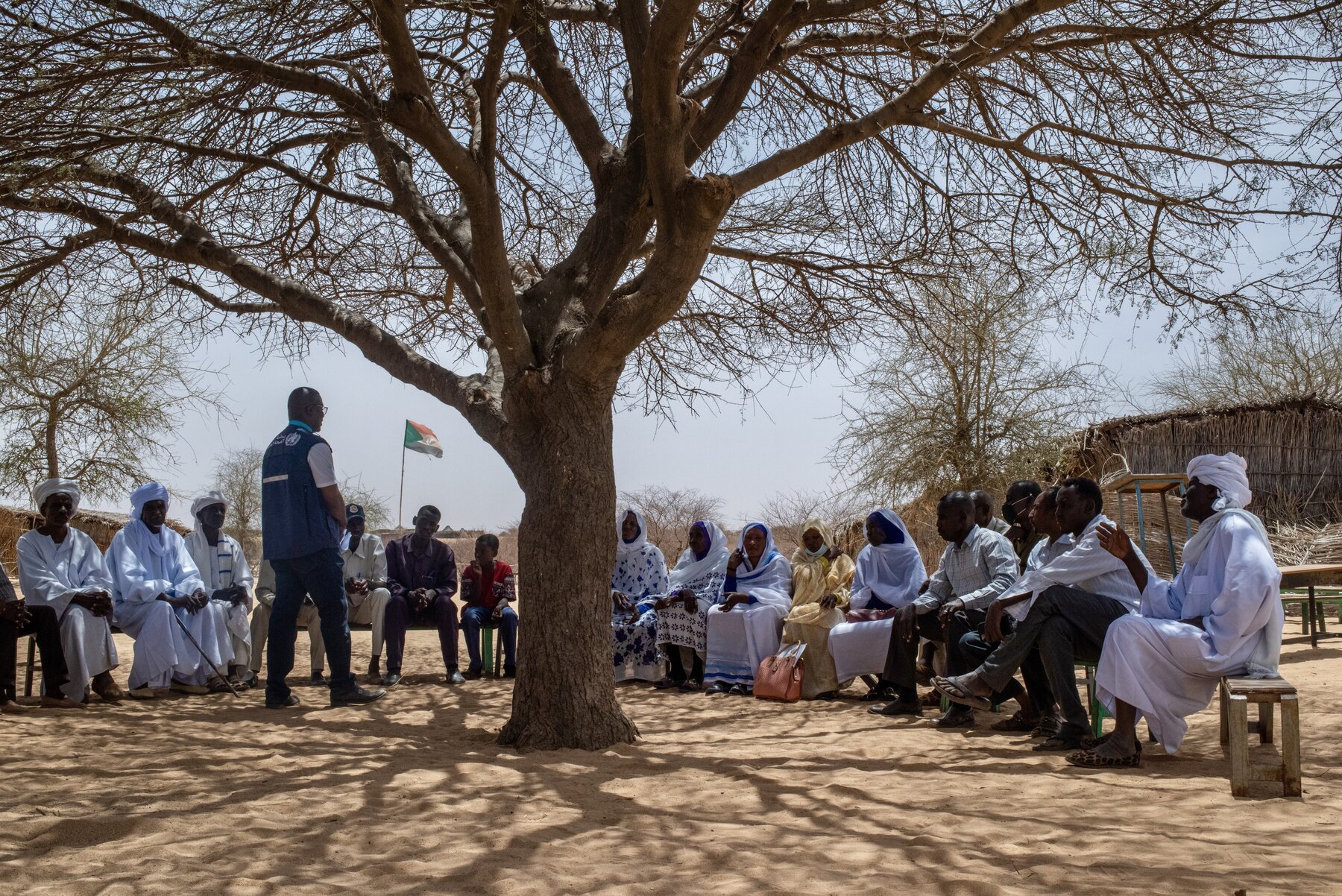A Conversation With Kenya Ministry of Health's Dr. Isabella Maina
23 June 2016

Kenya is taking bold steps towards taking a more efficient approach to strengthening its health data system. With a mosaic of international partners supporting different pieces of a fragmented information system, the Ministry of Health has called on all stakeholders to work together towards one strong national system that meets all country and international data needs.
Dr. Isabella Maina, head of the Health Sector Monitoring & Evaluation Unit of the Ministry of Health, is playing a central role in furthering this agenda. With over 15 years of experience in the Kenya health sector, Dr. Maina has coordinated the development of the health sector M&E framework and guidelines for the 2014-18 period and recently organized the groundbreaking launch of the Kenya Health Data Collaborative on May 18.
The Collaborative brings together global health partners adopting a new aligned approach to working with countries to strengthen national health information systems, improve the quality of their health data and track progress toward the health-related Sustainable Development Goals. The launch event in Nairobi was attended by partners including CDC, Gavi, GIZ, Global Fund, PEPFAR, UNAIDS, UNICEF, USAID, World Bank Group, and WHO.
Q: How did Kenya become involved in the Health Data Collaborative?
A: Kenya’s Ministry of Health participated in the Summit on Measurement and Accountability for Health in June 2015 in Washington, D.C., which resulted in the Five Point Call to Action and thereafter the formation of the global Health Data Collaborative. Kenya’s Ministry of Health was invited to participate as a member of the steering committee of the Collaborative at the global level and has since participated in its various technical working groups.
Q: What expectations do you have for the Health Data Collaborative?
A: There has been a sustained effort around improving our health information, monitoring and evaluation systems, leading to many results that can serve as best practices. Despite such good progress, there is often lack of alignment among global health organizations, with existence of uncoordinated, parallel activities, and hence I feel that they need to work differently in countries. More often than not, countries have identified priorities for health, and for global health organizations, the issue is to align with those country priorities and allow countries to take stewardship in implementation. There needs to be better harmonization, supporting a single national health plan and single national M&E plan instead of having parallel demands for data. It’s about improving how we work together.
With a renewed effort through the global Health Data Collaborative and now the Kenya Health Data Collaborative launched last month, we now expect better alignment of the sector stakeholders getting behind a common agreed vision and goals.
Q: Can you provide a specific example?
A: For routine health data, we’ve agreed that DHIS2 (District Health Information System software) is the common platform for reporting data. However, we do see investments from health partners in ICT systems that may not be compatible with DHIS2. That has been a major problem. So we need to make sure that these investments are in systems that are interoperable.
Q: Why now?
A: One of the reasons we are taking this approach is because we are focusing our efforts toward meeting the Sustainable Development Goals. In Kenya, some of the priorities among those goals include improving maternal and child health, combating HIV/AIDS, tuberculosis and malaria, halting and reversing the rising burden of non-communicable diseases, reducing the burden of violence and injuries and moving towards universal health coverage. We need a strong health information system and M&E program to track and guide our progress toward meeting those goals.
Q: What specific areas of your health information system will the Kenya Health Data Collaborative strengthen?
A: As outlined in our Roadmap, some areas we have prioritized include:
1) strengthening robust county-specific health information systems that link to the national system (given devolution of the counties 3 years ago)
2) building capacity of staff at the national and county levels on data analytics
3) improving civil registration and vital statistics (CRVS) so that every child born is counted and every death and cause of death is recorded
4) improving data on quality of care to help health providers improve the quality of care they give to people
5) setting up a Kenya Health Observatory (that will be linked to WHO’s Global Health Observatory) as a portal where all of our health data will be housed
6) creating a culture of information use for better decision-making across all levels of the health system.
All of these efforts should lead to an improved health information system that will lead to more efficient investments in the health sector, all with the goal of improving the health status of Kenyans.

